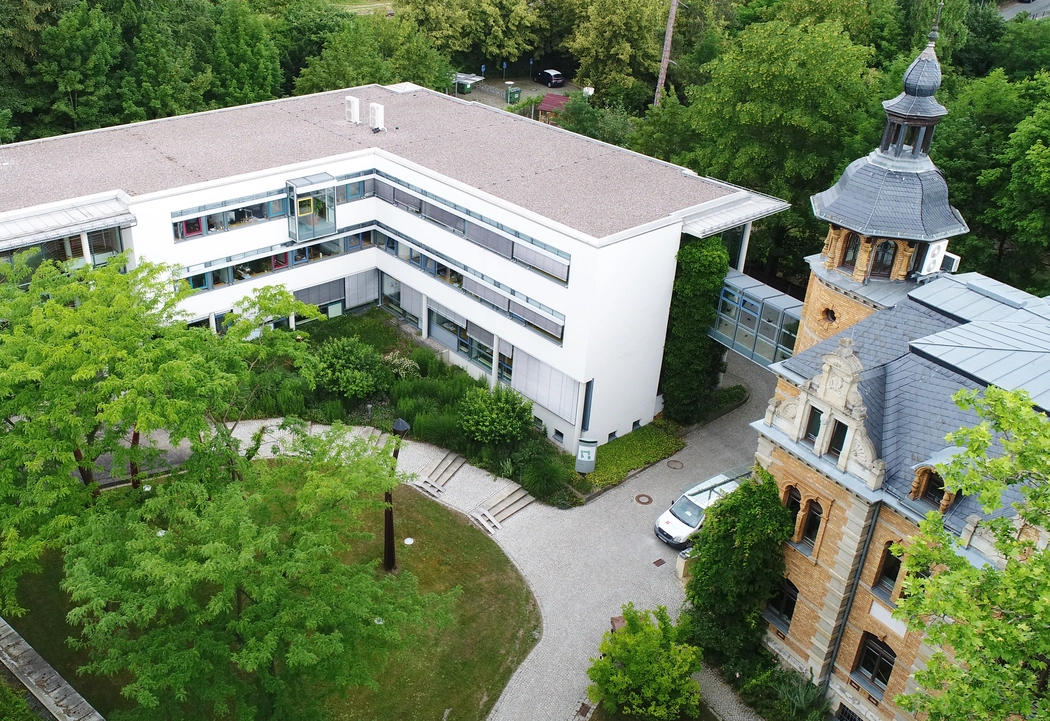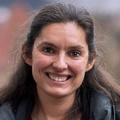Where Did the Japanese Language and Its Speakers Come From?
DOI:
https://doi.org/10.21036/LTPUB10555Researcher
Martine Robbeets is Research Group Leader at the Max Planck Institute for the Science of Human History and Lecturer at the University of Mainz. Previous affiliations include that of Associate Professor of Japanese Linguistics at Leiden University and Visiting Professor at the University of Leuven. Her research interests include comparative and historical linguistics and linguistic evolution. Her languages of interest are, among others, Turkic, Mongolic and Tungusic languages, Japanese and Korean. She is review editor of Studies in Language and member of the editorial board of Folia Linguistica, the Journal of Philology: Ural-Altaic Studies and Linguistica Brunensia.

Original Publication
Language Farming Dispersal: Food for Thought
Willem F. H. Adelaar,
Anna Berge
Published in
The Language of the Transeurasian Farmers
Martine Robbeets
Published in
Austronesian Influence and Transeurasian Ancestry in Japanese: A Case of Farming/Language Dispersal
Martine Robbeets
Published in
Citation
Martine Robbeets,
Latest Thinking,
Where Did the Japanese Language and Its Speakers Come From?,
https://doi.org/10.21036/LTPUB10555,
Credits:
© Martine Robbeets
and Latest Thinking
This work is licensed under CC-BY 4.0
